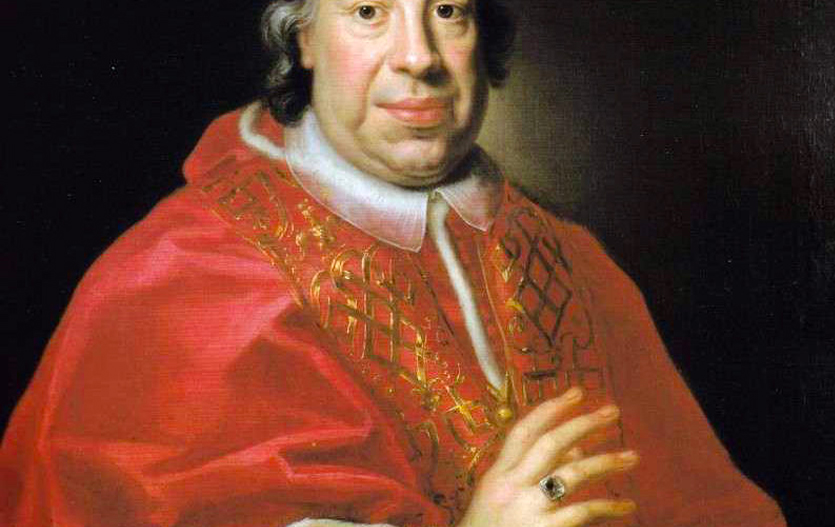Who remembers Pope Innocent III and knows about his 800 years anniversary?
Not everyone agrees on the exact number of the Popes that have been elected over the years, but the number is around 268. We cannot remember them all and know the role each has had in his time. Yet every so often someone emerges from oblivion and this allows us to discover something more about our Western world.
In Anagni, places of origin of the family of this Pope, a group of researchers have spent much time in the historical archives and has translated all correspondence of Pope Innocent III with the English court. This documentation is presented by the committee "800 anni Innocenzo III 1216-2016” (1216- 2016: 800 years Innocent III) on the occasion of the 800th anniversary of the death of this pope, originally known as Lothario Conti di Segni.
Innocent III is the Pope who blessed St. Francis and began the minor orders, he was the pope of the Fourth Crusade with Richard the Lionheart, the fight against the Cathars, the fight against heresy and besides the Inquisition. It seems that it was this Pope who created the "indulgence of 100 years", a sort of premise to the founding of Catholic jubilee.
But what is so special about the correspondence with the English court? It was one of the most significant moments of European history, the time of the approval of the Magna Charta Libertatum that the document that we can consider as the birth of the bourgeoisie. With this document King John Lackland (John of England) recognized a series of rights for the barons and, in fact, placed limits on the power of the monarchy.
Among the most innovative parts of the Magna Charta bans the sovereign to impose new taxes to his vassals directly, without the prior consent of "the common council of the kingdom" consisting of archbishops, abbots, earls, barons and more. A council which was to be convened according to certain rules and approving new laws by a majority of those present.
Another point is the guarantee of due process for all free men: No commitment to prison without a court judgment (reaffirming the principle of habeas corpus integrum). And the requirement that punishment should be proportional to the offense.
It is not surprising that among the board of "control" of the king there were also clergymen. Pope Innocent III had been very active in England in the election of the archbishop of Canterbury. One of the strongest decisions of his papacy was the centralized appointment of all bishops. Innocent III had abolished all local decisions and bishops became direct expressions of papal policies.
So in Canterbury both the Pope and the king appointed their own archbishop and so began a bitter struggle for the affirmation of the power of the church. Innocent III eventually excommunicated King John and supported the barons in their rebellion.
The Magna Charta, therefore, was also born at the behest of Pope Innocent III and the correspondence confirms the active role played by the pope in Anagni. To affirm his primacy on earth the Pope had to accept the birth of power from lower levels, as per the English barons or St. Francis and the mendicant orders. This pope had consolidated his power through the instrument of heresies that were the seeds for the ultimate beginning of the Inquisition on the one hand, and of the selling of plenary indulgences (holy year) on the other.
I do not know where historians rate Innocent III but the citizens of Anagni, Segni, Colleferro, Ferentino and Gavignano definitely would put him in paradise for the opportunity which he has given them to rediscover their roots. And it has created a committee led by Luca Pierron and the conference presentation of the book were crowded.
"Innocent III has been the first reformer of papal curia, without him and his famous dream portrayed by Giotto in Assisi maybe we would not have one of the greatest and most loved saints: St Francis from Assisi”.
There is growing interest around the figure of this Pope, but also around the heritage preserved in the historical archive of the Cathedral of Anagni: a reason to be more and more proud of their past. And this proud past starts a new growth path.








Follow us